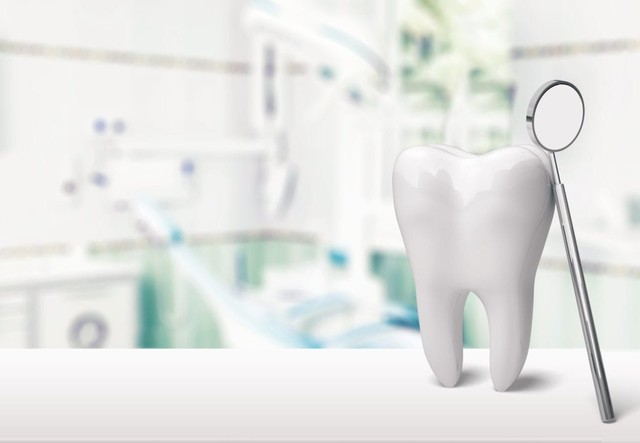If you have to make an urgent visit to the dentist, you’re usually suffering from one of two culprits: tooth decay and/or gum disease. The only positive thing about these two fiends is that they tend to send out early warning signs.
You probably already know that lack of proper teeth cleaning regimen – brushing, flossing, etc. – results in poor dental hygiene. However, implementing good habits alongside regular visits to the dentist can usually halt and even reverse the symptoms we’re about to discuss.
Symptoms of Tooth Decay
Tooth decay occurs when acids – created by mouth bacteria from sugar in the food we eat – attack a tooth, which gradually leads to a cavity.
Some signs of tooth decay include:
-
Toothache. This is a deep, throbbing pain that can keep you awake throughout the night once it really gets going. It also manifests as a sharp, sudden bolt of momentary pain without any apparent cause.
-
Tooth sensitivity. The most common indication of tooth sensitivity occurs when you try to drink hot or cold liquids. It is usually experienced as dull pain or the feeling of bluntness around the edges of your teeth.
-
Cavities. You may need your dentist to spot these because of the unusual positions some of these cavities take. However, a cursory inspection with a small dental mirror or by moving your tongue over your teeth can give you a fair indication of a potential cavity that might need further examination.
Symptoms of Periodontal Disease
Periodontal disease, also known as gum disease, takes two forms – gingivitis and periodontitis. This type of disease occurs as a result of untreated tooth decay.
The symptoms starts as gingivitis, which is the mild version of the disease. However, if this is also left untreated, it then progresses to periodontitis. Here, the bacteria starts to affect the tissues that hold your bone and teeth together and can destroy both if you further neglect the problem.
Some signs of periodontal disease are:
-
Persistent bad breath. Mouth odors usually occur when you don’t clean your tongue correctly. However, if the bad breath persists even after a regular tongue cleaning regimen, you might need to see the dentist.
-
Bleeding gums after brushing or flossing. Due to gum inflammation and the resulting tenderness, any friction tends to result in bleeding.
-
Mouth sores. As the gum disease progresses, you might start to experience lesions breaking out by the sides of your mouth. In some instances, these lesions might be grey in color.
-
Shaky or loose teeth. Gum disease affects the connective tissue that keeps the teeth, gum tissue, and bones together. As the disease progresses, the tissue starts to worsen, and your teeth become loose and shaky.
-
Receding gums. When affected by the bacteria, the gums pull away from the tooth, forming pockets of space that act as more surface area for the bacteria to fester.
If you’re experiencing any of these symptoms, it’s not too late to do something about them! First, visit your dentist in Chestermere to address the immediate problems. Then follow your dentist’s recommendations for an oral health regimen that will prevent these symptoms from coming back.

